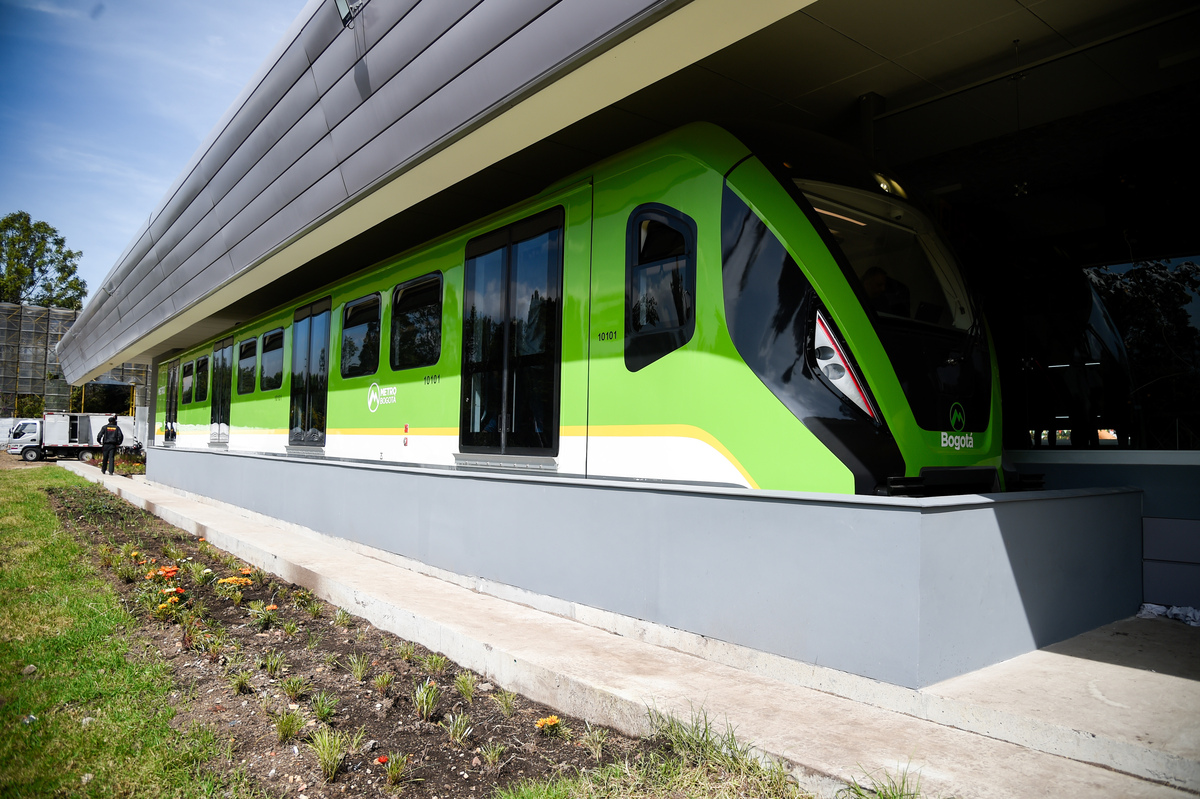Bogota officials are currently constructing a new metro with funding from China after more than 80 years of hesitancy. With 11 million residents, the capital city of Colombia has some of the worst traffic congestion in the world.
At one of the metro construction sites in the heart of Bogota, workers recently used bulldozers to move dirt mounds and mounted steel reinforcing rods. The metro’s Line 1 will be an elevated rail. It will stretch 14 miles from the outskirts to the city center and is slated to begin operations in 2028.
Also read:Santiago Bernabéu Metro Station Embarks on a Grand Transformation
Deyanira Vila, Bogota’s mobility secretary, said that this is what they are counting on. She projected that the metro, as well as additional dedicated bus lanes, bike lanes, and pathways, will alter the city.
In 2022, the Bogota metro region was crowned the world’s worst rush-hour congestion by location technology company TomTom. The city came before major megacities like Manila, Mumbai, and Tokyo. According to the poll, Bogota drivers spend over 10 days each year delayed in rush-hour traffic. During these periods, the average driving speed drops to 11 miles per hour.
When was the idea to construct the new metro conceived?
Attempts to construct a metro began in 1942. By that time, Bogota had a population of only 300,000 people and relied on trolleys for public transportation. According to Luis Ngel Guzman, a planner at Los Andes University in Bogota, politics kept getting in the way.
Bogota City Hall is frequently used as a stepping stone to the presidential office, and in order to garner votes, Bogota mayors wish to claim credit for the metro’s construction.
As a result, a succession of mayors continued reworking the project, some pushing for a subway, some for elevated trains to put their stamp on the project.
As a result, Bogota is currently the third-largest city in the world without a metro. Work on the metro system in Bogota, which will eventually include three lines as well as elevated trains and subways, began two years ago. One of the most recent cases of Beijing’s infrastructure investments in the Americas is the first line, which is being built by a consortium of Chinese businesses for $4.5 billion.

